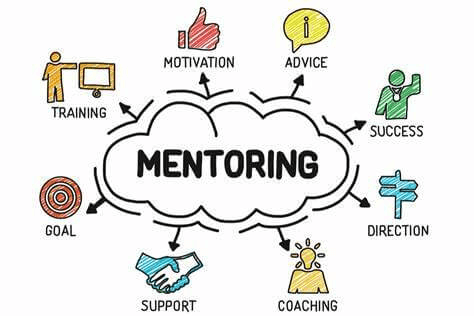At a time when effective support for children and young people, and early intervention, have become even more of a necessity, a recent article sheds light on the significant impact that paraprofessionals can have in bridging the gap in wellbeing support.
A paraprofessional typically has less training and qualification than a professional and usually takes a supportive role in provision of care. Evolve’s Health Mentors aren’t licensed therapists or qualified psychiatrists but they do have a high level of training and are experts at helping children to engage with learning in schools. Multiple independent studies have shown that Health Mentors help vulnerable children to close the Wellbeing Gap with their peers, allowing them to catch up with their peers in other aspects of their learning and development.
These latest research findings underline the potential for carefully supervised paraprofessionals to achieve outcomes on par, or even greater, than their more expensive colleagues. A meta-analysis of 150 studies on child and adolescent psychotherapy shows how paraprofessionals achieved larger treatment effects overall. Interestingly, they also concluded that the effects of interventions jumped from 0.03 to 0.41 when adequate supervision and training was present.
Evolve understands the importance of training for our mentors to ensure they have a positive impact on their mentees, with many alternative mentoring programmes unable to demonstrate effectiveness or, even worse, a negative effect. We provide our Health Mentors with initial and ongoing training that is accredited at Level 4 by Birmingham Newman University and worth 60 credits. This bespoke and blended learning and development programme includes on-the-job-learning, workshops, self study and termly assignments that demonstrate how Health Mentors have successfully translated theory to their practice.
We also encourage collaboration and knowledge sharing amongst our Health Mentors. Through a shared resource bank, they exchange tried-and-tested methods and co-create resources, schemes of work and various other engagement tools to build a reliable set of tools that enhance their work. This collaborative effort strengthens links between team members and reinforces our commitment to sharing best practice with our school colleagues and partners.
Ultimately, the evidence presented in both recent research and our own practice at Evolve highlight the immense potential of Health Mentoring for providing cost effective support and reliable early intervention programmes. Through continuous training and nurturing a collaborative culture, our Health Mentors are empowered to deliver high value and sustainable outcomes.
Read more from the article here: Mentors can be just as effective as professionals: Here’s how
